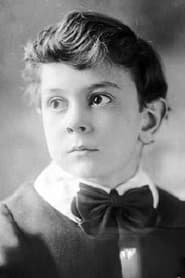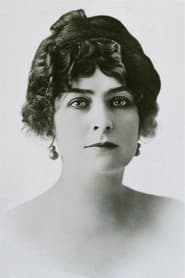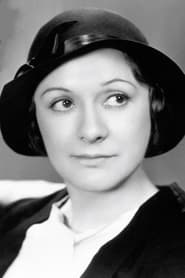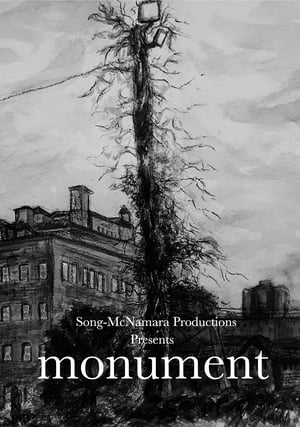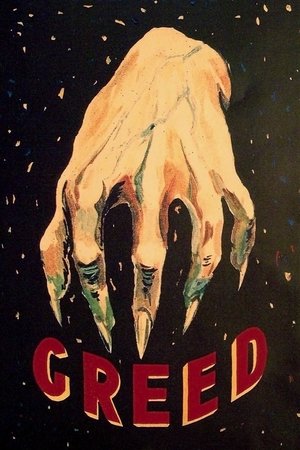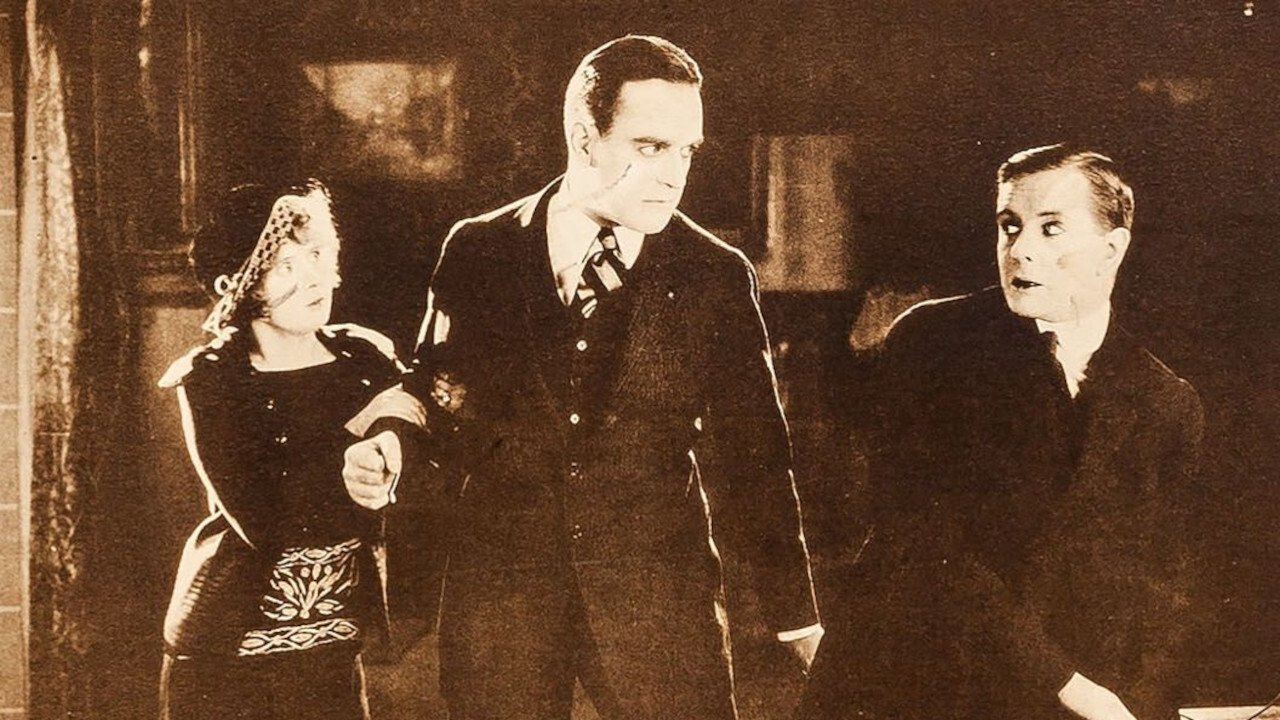
A Child for Sale
Top 6 Billed Cast
Sylvia Stoddard
Similar Movies
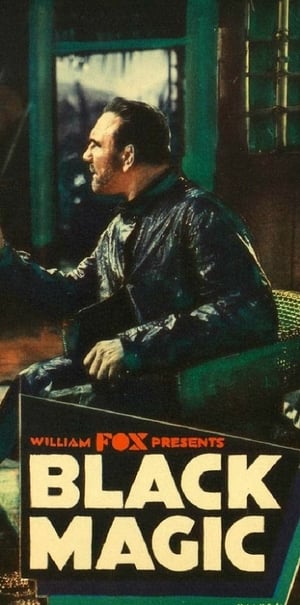 0.0
0.0Black Magic(en)
On a South Seas island, "three white derelicts drink away memories of the past. After many adventures during which a girl enters the picture, the three are rehabilitated and everything turns out happily."
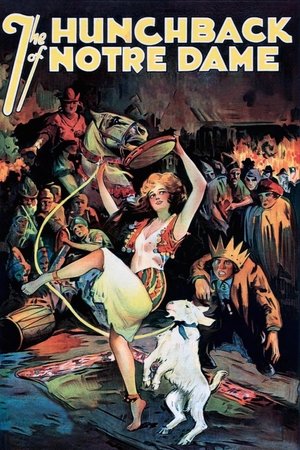 6.5
6.5The Hunchback of Notre Dame(en)
In 15th century France, a gypsy girl is framed for murder by the infatuated Chief Justice, and only the deformed bellringer of Notre Dame Cathedral can save her.
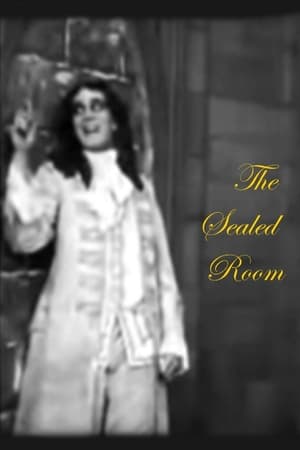 5.1
5.1The Sealed Room(en)
The Count sets out to make a private room for him and his Countess, built in such a way no one can see, hear, and most importantly, disturb them. But unbeknownst to the Count, his wife has set her eyes on the court minstrel. Based on Edgar Allan Poe's “The Cask of Amontillado” and Honoré de Balzac's “La Grande Breteche”.
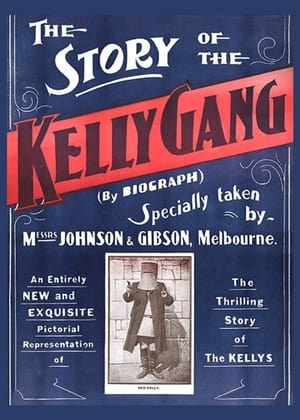 5.2
5.2The Story of the Kelly Gang(en)
Just as Galeen and Wegener's Der Golem (1915) can be seen as a testament to early German film artistry, The Story of the Kelly Gang (1906) symbolizes both the birth of the Australian film industry and the emergence of an Australian cinema identity. Even more significantly, it heralds the emergence of the feature film format. However, only fragments of the original production of more than one hour are known to exist, preserved at the National Film and Sound Archive, Canberra; Efforts at reconstruction have made the film available to modern audiences.
 6.1
6.1The Manxman(en)
A fisherman and a rising lawyer who grew up together as brothers fall in love with the same woman.
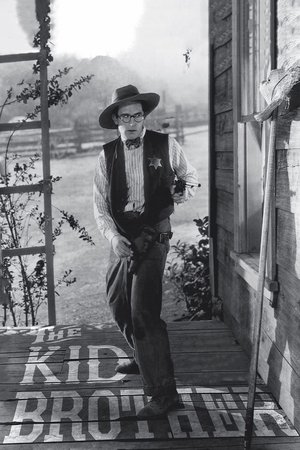 6.9
6.9The Kid Brother(en)
The most important family in Hickoryville is (not surprisingly) the Hickorys, with sheriff Jim and his tough manly sons Leo and Olin. The timid youngest son, Harold, doesn't have the muscles to match up to them, so he has to use his wits to win the respect of his strong father and also the love of beautiful Mary.
Cameo Kirby(en)
Cameo Kirby is a 1914 American drama silent film directed by Oscar Apfel and written by Clara Beranger and William C. deMille. The film stars Dustin Farnum, Fred Montague, James Neill, Jode Mullally, Winifred Kingston and Dick La Reno. It is based on the play Cameo Kirby by Booth Tarkington and Harry Leon Wilson. The film was released on December 24, 1914, by Paramount Pictures.
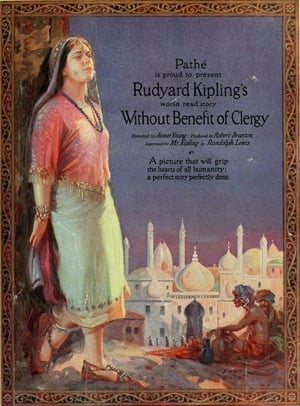 0.0
0.0Without Benefit of Clergy(en)
A British engineer in India takes a simple native girl as his bride, an act which defies social strictures and leads to tragedy.
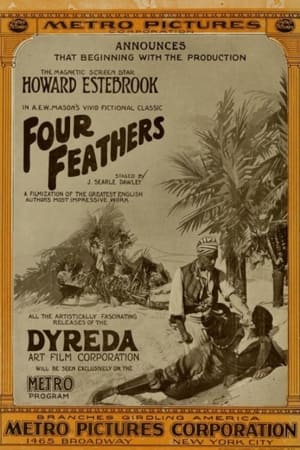 0.0
0.0Four Feathers(en)
A British army officer refuses to avenge the death of a general who was murdered years earlier. He is awarded three feathers by his officers. When his fiancée fails to defend his stance, he plucks a feather from her fan. He proves his courage by rescuing his comrades in dangerous and life-threatening situations. Later he returns each feather as proof of his redemption and courage.
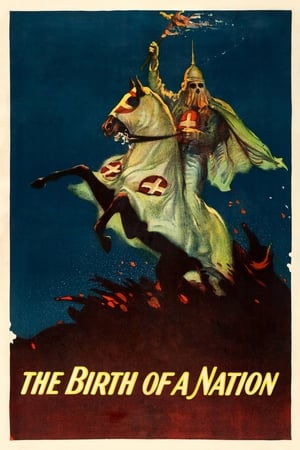 6.0
6.0The Birth of a Nation(en)
Two families, abolitionist Northerners the Stonemans and Southern landowners the Camerons, intertwine. When Confederate colonel Ben Cameron is captured in battle, nurse Elsie Stoneman petitions for his pardon. In Reconstruction-era South Carolina, Cameron founds the Ku Klux Klan, battling Elsie's congressman father and his African-American protégé, Silas Lynch.
 7.8
7.8Sunrise: A Song of Two Humans(en)
A married farmer falls under the spell of a slatternly woman from the city, who tries to convince him to drown his wife.
 8.1
8.1Metropolis(de)
In a futuristic city sharply divided between the rich and the poor, the son of the city's mastermind meets a prophet who predicts the coming of a savior to mediate their differences.
Do It Now(en)
At the urging of his sweetheart, Rosemary Smith, a man (William Fairbanks) leaves his soft job in the east and goes west to settle a dispute over oil lands owned by Rosemary's father. This man evicts the wrong party and later must return west in order to set things right, protecting the honor of a girl from the advances of the crooked foreman.
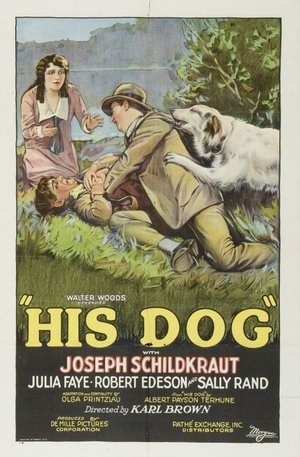 0.0
0.0His Dog(en)
Peter Olsen, a young social outcast who lives alone on a rundown farm and raises vegetables for a living, finds his only consolation in liquor, though Dorcas Chatham, daughter of the general store owner, begs him to forego this indulgence. Returning from town, he finds a dog by the roadside, apparently injured by a car, and takes it home. Later, on a drunken spree, Peter is attacked by robbers, but the dog comes to his rescue and frightens the assailants away. Stirred by the unselfish devotion of his dog, Peter gradually regains his self-respect, and Dorcas falls in love with him and accepts his proposal, though she fears the dog. When Peter enters the dog in a show, another exhibitor proves to be its owner, and Peter is first parted from, then reunited with, "his" dog. Dorcas overcomes her fear and is united with Peter.
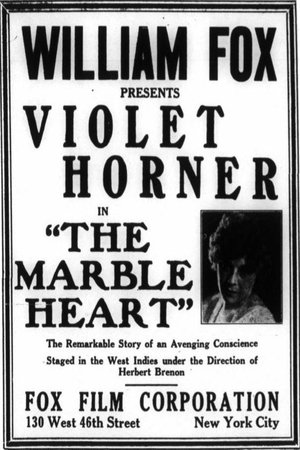 1.0
1.0The Marble Heart(en)
Therese Roger, daughter of a West Indian planter, whose parents are murdered while she is a baby, becomes the adopted daughter of her aunt, Madame Roger, keeper of a haberdashery shop in one of the smaller villages in southern France. She grows up with Camille, Madame Roger's son, a sickly, sexless creature, whom she ultimately marries in deference to her aunt's wishes.
The Alchemistic Suitcase(en)
A nervous and unsettling young boy takes a mysterious old suitcase across London... to a twisted and surreal conclusion.


